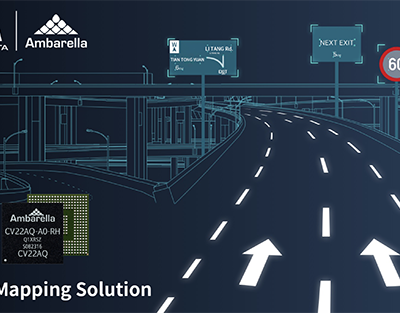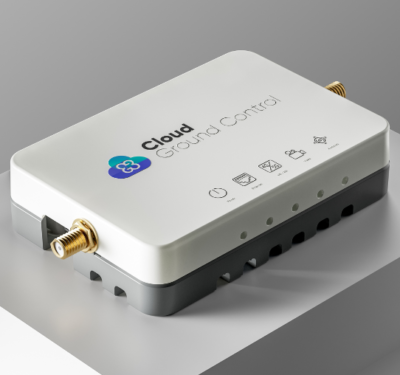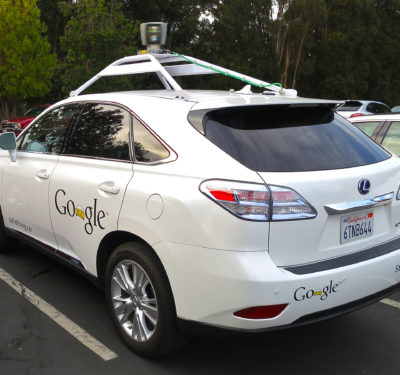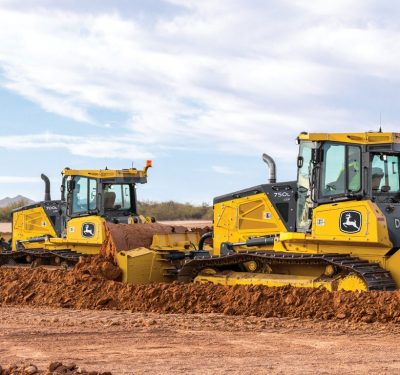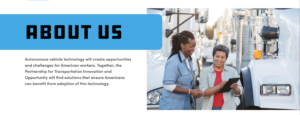
A diverse group of leading companies and associations launched on June 19 the Partnership for Transportation Innovation and Opportunity (PTIO), a collaboration committed to exploring how autonomous vehicles will impact American workers as well as identifying opportunities and developing solutions to address future challenges.
The group – whose members include American Trucking Associations, Daimler, FedEx, Ford, Lyft, Toyota Motor North America, Uber, and Waymo– intends to promote open and thorough discourse about workforce issues in this new economy.
“As with any prior technological revolution, the transition from traditional to autonomous vehicles will not happen overnight,” said PTIO Executive Director Maureen Westphal in a press release this week. “This evolution should allow adequate time for us to understand how autonomous vehicles may change the way we live and work and implement policies and programs to respond proactively to, and allow all Americans benefits from, those changes. This transition is likely to have significant benefits. Some potential benefits will be more obvious, like safer roadways, increased access to mobility, reduced traffic gridlock, improved air quality, and lower costs. Others, including greater efficiency on our roadways, economic gains, and enhanced employment opportunities, will require data and real-life demonstrations to be widely recognized and understood.”
In the first six months, the PTIO has set its goals to: 1) begin to develop a well-rounded and data-based understanding of the impact and implications of autonomous vehicles on the future of work, 2) solicit the expertise, concerns, and aspirations of a variety of interested parties, and 3) begin to foster awareness of existing and near-term career opportunities for workers during the transition to a new autonomous vehicle-enabled economy.
“Those currently working in the transportation industry—both on the ground and behind the scenes—are in the best position to shed light on how this transformation may change our lives,” Westphal added. “Now is the time to engage stakeholders in an open dialogue about this evolving technology. We look forward to continuing these conversations in communities throughout the country and leveraging the partnership to propose constructive steps in supporting jobs at the beginning of this transformative moment.”


